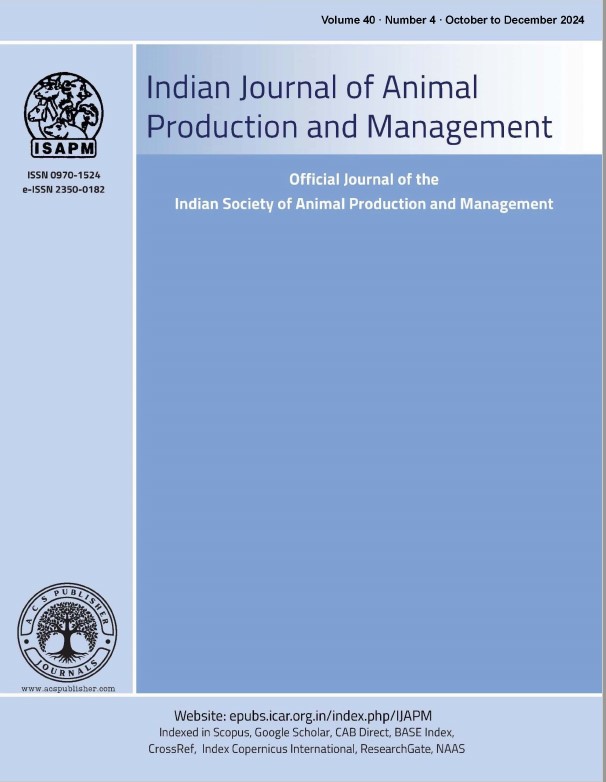Organic livestock husbandry: An approach to welfare & sustainability
Abstract
Organic term primarily and simply reflects something very close to nature, ethics and tradition in general and involves principles that generate products of high quality, coherent with environment in particular23. According to the Codex Alimentarius Commission and all existing national regulations, “organic production is a holistic production management system that avoids use of synthetic fertilizers, pesticides and genetically modified organisms, minimizes pollution of air, soil and water, and optimizes the health and productivity of interdependent communities of plants, animals and people”. Organic farming is being promoted as an ideal practice in addressing the environmental protection, food safety and sustainability concerns. The thought of organic farming is to establish and maintain soil–plant, plant–animal and animal–soil interdependence and to create a sustainable agro ecological system based on local resources. The most important characteristic of organic farming is the emphasis on the production process rather than the product itself.

